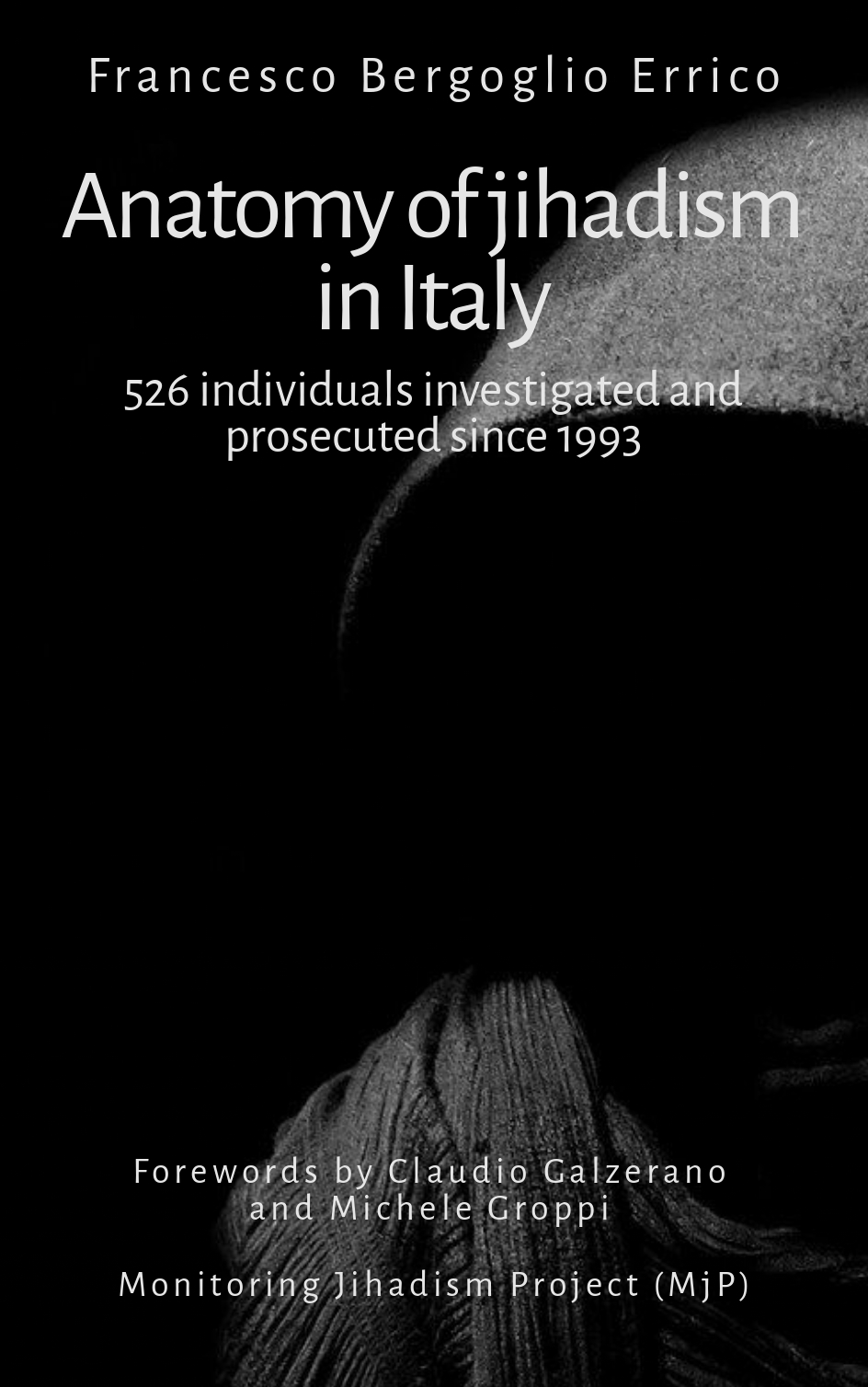Dubad Rashiid
Dubad Rashiid was born in Jijiga on May 5th 1997. He was apprehended in Italy on the 31st of May 2019 in Cinisello Balsamo (near Milan), where he regularly resided and worked, on the charges of financing foreign terrorist organisations, among which al-Shabaab and the Ogaden National Liberation Front (ONLF), and facilitating illegal immigration through Italy and towards other European countries.
The young Ethiopian national, defined by the Italian Police as of “high criminal substance”, has been found at the centre of two parallel networks, composed of other Somali and Ethiopians, that managed the two criminal enterprises.
Along with Mahamed Said, Mohamud Shuaib, and Ahmed Isidiin, he managed to gather and send to Somalia a total rough estimate of 10,000 euros and/or dollars in the period between September 2018 and May 2019, although Italian authorities believe that the activity was established months prior to the start of the investigations. Dubad coordinated the collection of the money through the Hawala system, which ensured the non-traceability of many of the transfers and complicates the identification of all his associates and areas of operation. Nonetheless, in his phone calls, Dubad often referred to a wider network of donors that included Canada, the United States, Germany, and Libya.
Dubad was found to be very active in soliciting his associates to gather and wire the money – either to him – or directly to his contacts in Somalia. In fact, he and his closest collaborators were often working for meagre salaries, when not outright unemployed. In his calls, Dubad often advised his accomplices on how to secure their economic situation so as to better contribute to the financial effort.
Other than the Hawala system, Dubad, since October 2018, also made use of French national subsidies – ranging in the hundreds of euros per month – to collect and wire larger amounts of money. As a matter of fact, he was seemingly arranging his relocation to France, viewed as a more promising destination in terms of work.
To conduct his operations, the Ethiopian national frequently used platforms like WhatsApp and Facebook, with the explicit intent of better hiding his conversations. To send the money to Somalia, he also utilised money-transfer services, that provide better privacy compared to bank transfers. Dubad would send the money to a certain “Mohamed Abdullahi” back in Somalia, who, as Dubad’s trustee, would then move that money either to Dubad’s family, or to specific fighting groups.
From his conversations, Dubad Rashiid emerges as aware of the security risks of his actions. Another important element that surfaces, particularly from a phone call with Mohamud Shuaib in September 2018, is his motivations. Dubad in that phone call clearly outlines the criminous project of wanting to collect money to “buy weapons, munitions, and bullets” for their “guys that are fighting”. Furthermore, in the call, he appeals to his and Shuaib’s past as “religious persons” in Somalia. Even so, his conversations often focus on problems localised to specific zones or towns in Somalia and Ethiopia, such as the control of water wells, indicating that while there is undoubtedly a religious element to his actions, these can be enclosed in the dynamics of violence in Somalia, where fighting occurs along the lines of tribal belonging. The two identified armed groups benefitting from his operation, the ONLF, and al-Shabaab tend to highlight respectively both the nationalistic and religious dimensions of his motivations.
Dubad also worked for collecting money for the release from a Somali prison of a terrorist who had been arrested in Ethiopia; an affair that involved another member of the Somali diaspora in Italy, arrested in Bari on the suspicion of terrorism.
It is nonetheless important to notice that in his conversations it never emerged the intention to conduct a violent attack on Italian soil or anywhere else.
Overall, it would not seem that Dubad radicalised on Italian territory, but rather immigrated to the country already planning on contributing through remittances to the operations of armed groups already in his network.
Dubad Rashiid, along with Ahmed Isidiin, and Osman Cabdiqani – with whom he lived – also managed another criminal network. With his two accomplices, he in fact worked to provide transportation and safe accommodation to migrants either leaving Italy to illegally enter other European countries or to outright organise the entrance of migrants into Italy, always with the purpose of then moving them to another destination.
The preferred method of transportation was that of international bus services, such as Flixbus. The company was for example used when transporting a Somali woman to Austria. In this specific case, the woman had just been expelled from Malaysia, and on her arrival at the airport of Milan, she was met by Dubad and Ahmed Isidiin, who were already organising her transfer.
From the intercepted phone calls it is evident that the main reason for this operation was that of gathering money to then send to Somalia to finance the aforementioned groups. In one of the calls with an unknown accomplice based in Switzerland and nicknamed “Ugas”, it is in fact highlighted the possibility of raising the “fee” for some migrants simply playing on their unawareness.
It is also in one of these calls with Ugas that Dubad admits being in France for the purpose of obtaining a residence permit there. Furthermore, Dubad advises Ugas on how to erase his fingerprints with the objective of fooling the French immigration office, presumably to seek, he too, residence there. These actions testify to Dubad’s ability to navigate European borders with relative agility; an element that likely played in the request of Italian authorities for preemptive incarceration due to flight risk.
Dubad is currently held at the prison of Nuoro in Sardinia and is awaiting judgement at the first-degree court of Bologna.


